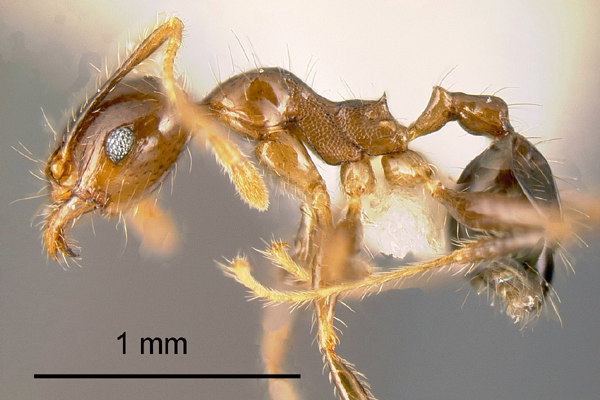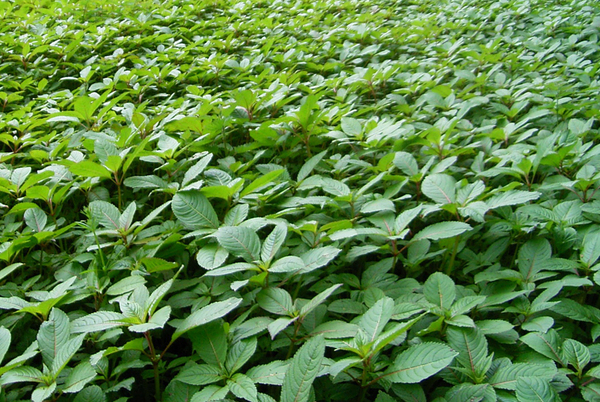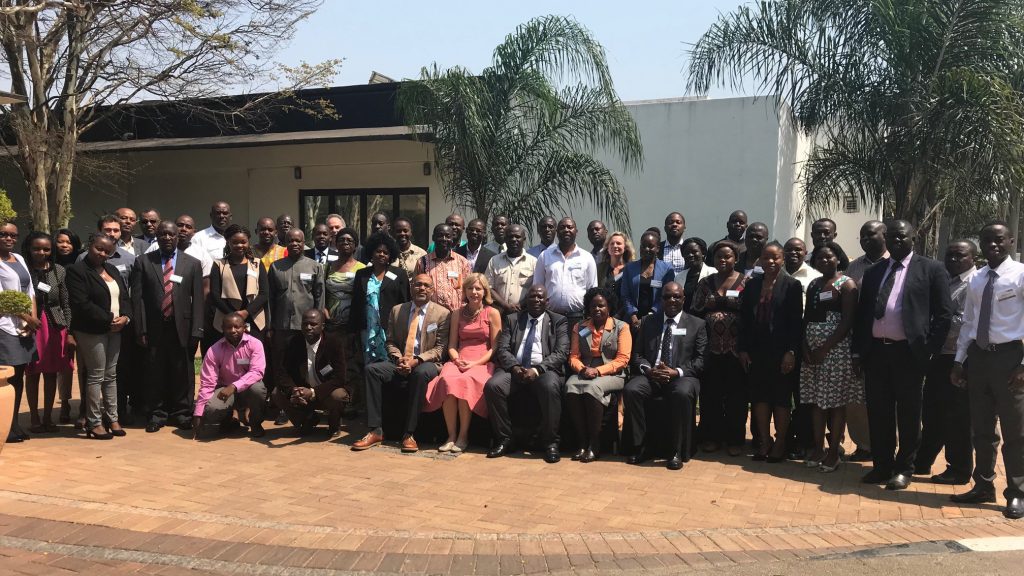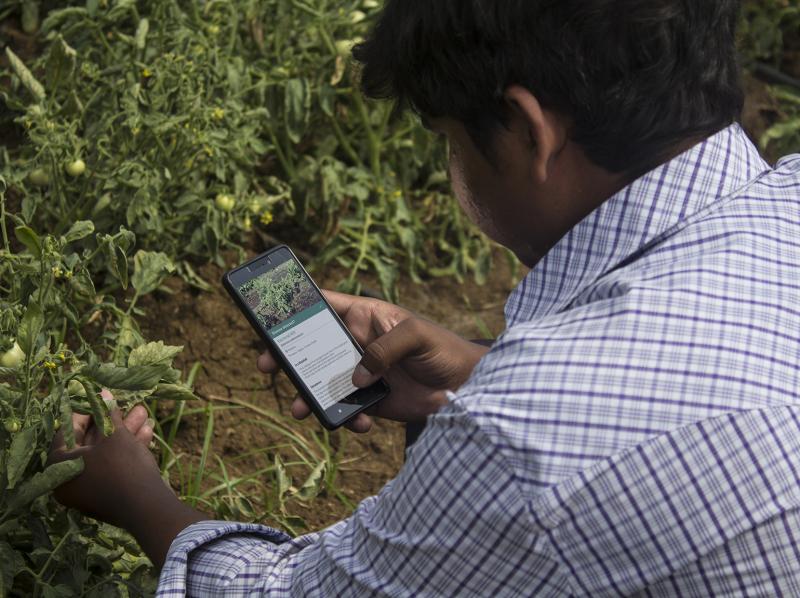World heritage site saved from invasive ant species
After years of effort, the invasive African big-headed ant (Pheidole megacephala) has successfully been eradicated from Lord Howe Island, an island off the coast of Australia, helping to protect this World Heritage site and its unique diversity of plants and animals.
Samurai wasp found in Europe – the end of the stink bug invasion?
CABI scientists have made the first discovery of the Asian samurai wasp Trissolcus japonicus – a natural enemy that kills the eggs of the the invasive fruit and nut pest brown marmorated stink bug (Halyomorpha halys) – in Europe. Judith Stahl and Dr Tim Haye led an international team of researchers, including those from the…
E-conference on responding to fall armyworm in Africa
Last week, the UN Sustainable Development Solutions Network’s Thematic Network on Sustainable Agriculture & Food Systems hosted an e-conference on the fall armyworm outbreak in Africa which brought together experts, stakeholders and other interested parties to discuss the challenges posed by fall armyworm and to evaluate the possible solutions.
Fall armyworm in Africa: communicating out of a crisis
Take a quick look at the map of the fall armyworm invasion. It gives you a good feel for the number of smallholder farmers in sub-Saharan Africa directly affected by a small caterpillar eating their staple crop – maize – at a rapid rate. As a communication professional working in agriculture, it has been the…
Progress made on fall armyworm, but greater effort needed
A major new report published by CABI has today revealed that losses due to fall armyworm are lower than projected in 2017 and the pest is still primarily focussed on maize rather than any other potential host crops. Better monitoring, swift responses by governments and farmers and an increase of natural enemies attacking the pest…
Indian farmers using smartphones to fight fast-moving crop killer
By Eric Marx. Reblogged from Ethical Corporation. Plantix is a diagnostic app that uses image recognition software and AI. It is being used to halt the advance of the fall armyworm pest. An app that uses artificial intelligence to identify plant disease is being deployed in India as an early-warning system to stop the advance…
Past, present and future – reflections on the XV International Symposium on Biological Control of Weeds
Invasive alien weed species have been a global environmental and human health issue for decades. In 1969, CABI organised the first International Symposium on Biological Control of Weeds (ISBCW) in Delémont, Switzerland. Weed biocontrol research was then in its early stages and 20 scientists attended.
CABI study identifies safer options for fall armyworm control in Africa
CABI’s experts in the biological control of agricultural pests and diseases have conducted the first major study of potential biological controls that could be used in the fight against the devastating fall armyworm which recently arrived in Africa.
Raising rural awareness of Parthenium in Pakistan
Parthenium hysterophorus is a noxious weed and a growing threat for agriculture, human health as well as the economy. In Pakistan, it has been reported that this weed is present almost everywhere, but the dilemma is that the general public have little to no knowledge about its harmful impacts. Keeping in view these facts, CABI…









